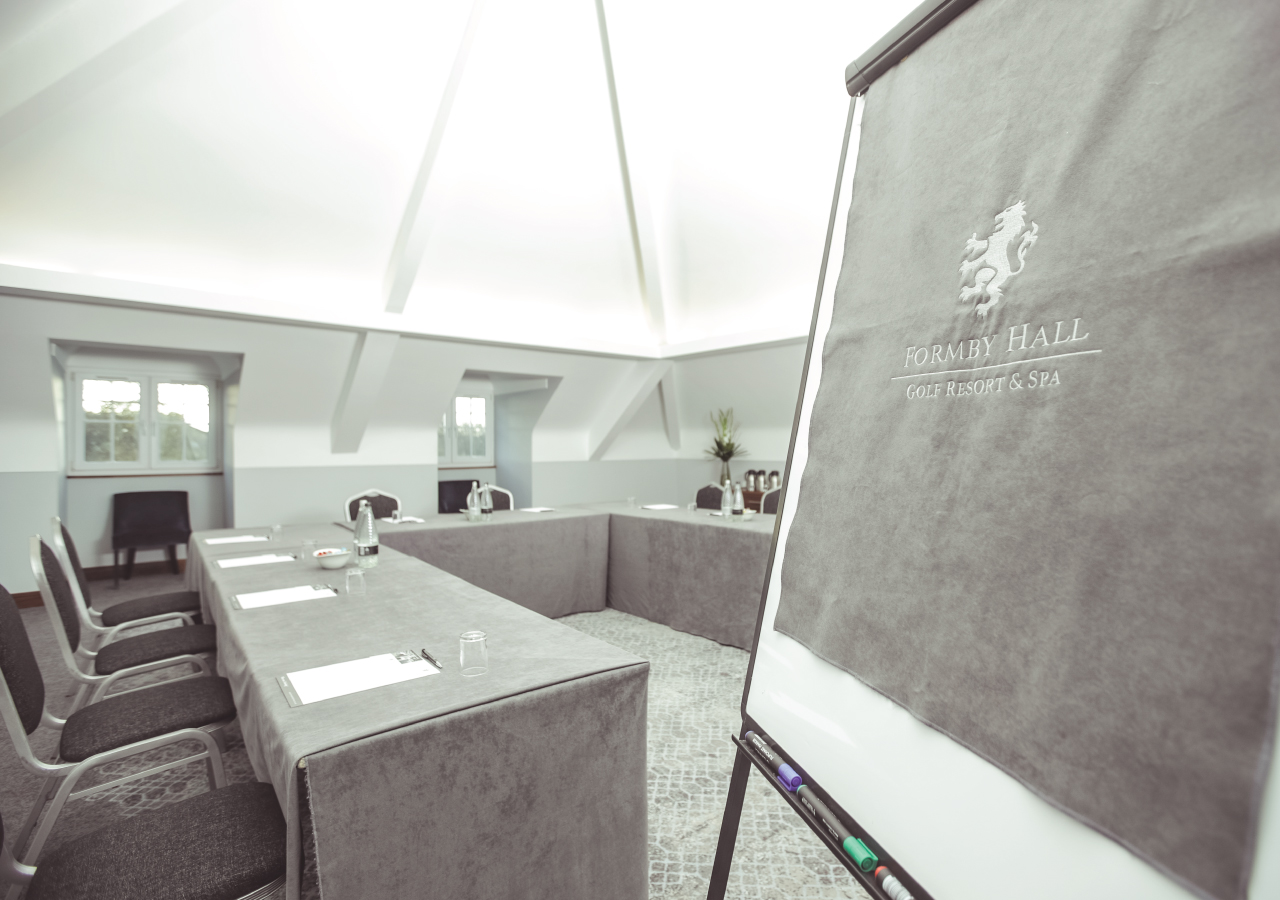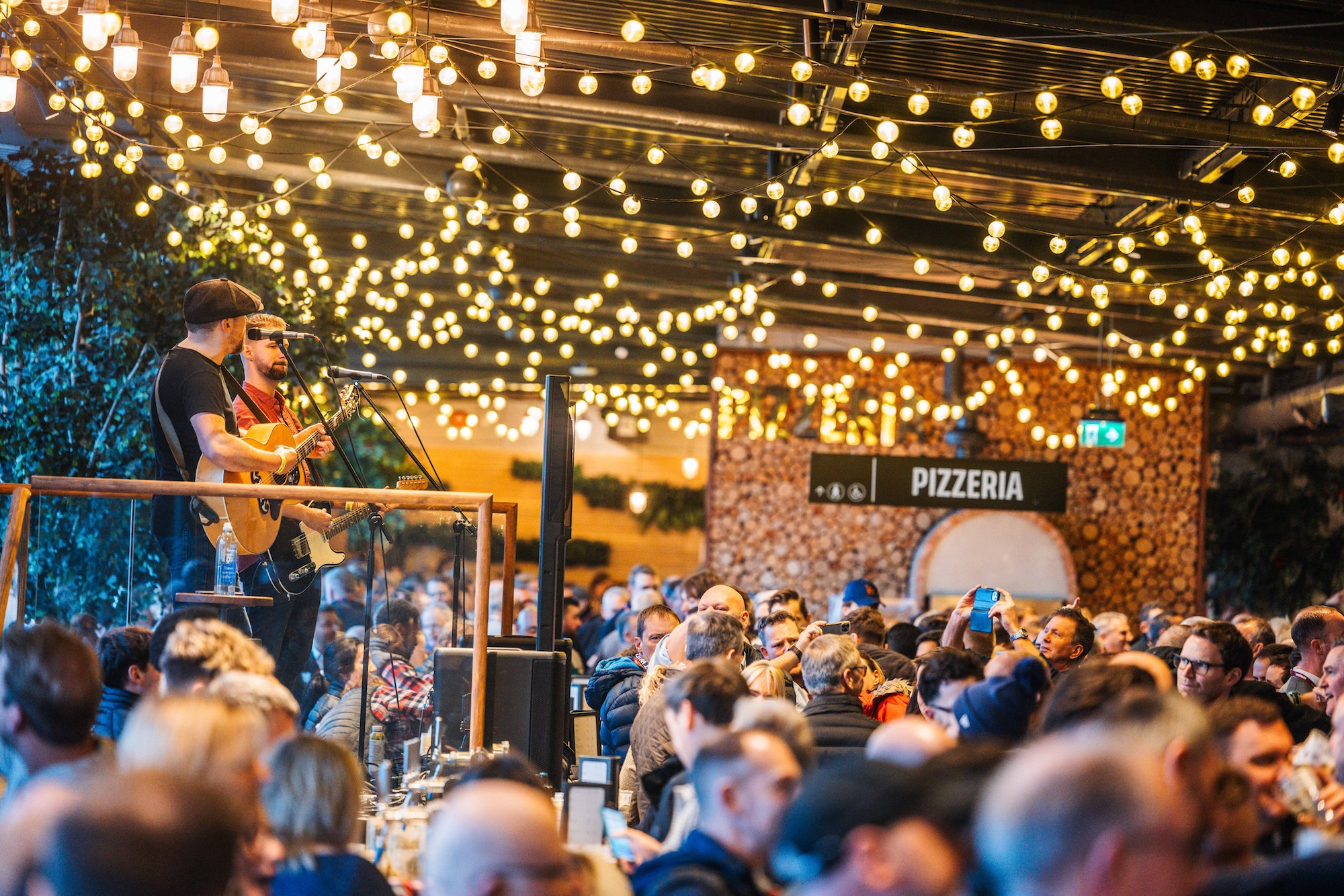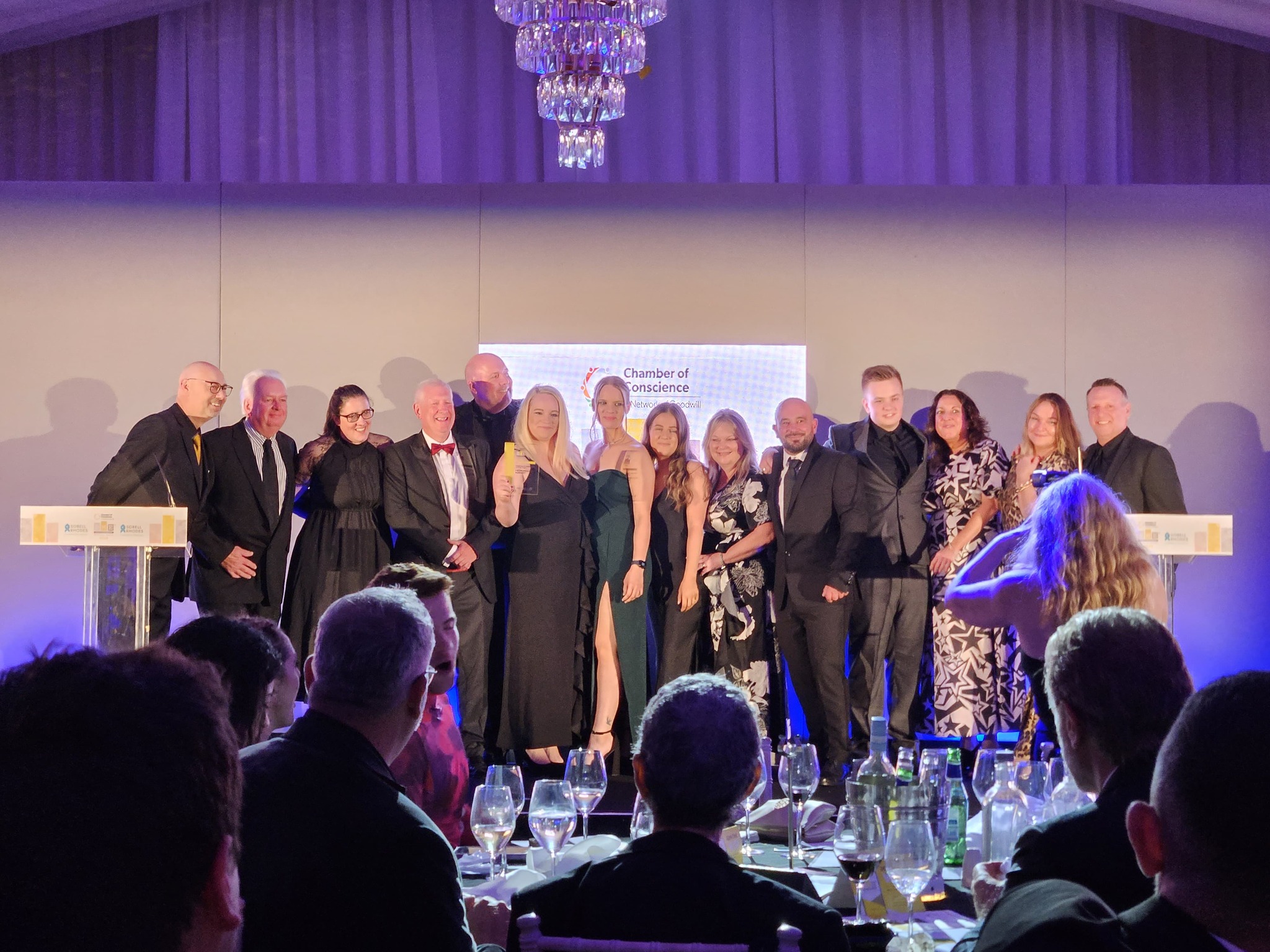There’s been a lot of talk about the rising popularity among companies and event planners for seeking out more and more unusual venues, but what exactly constitutes “unusual” can vary depending on the event and the wishes of the client and will be related to their type of business or what they are trying to achieve.
Generally, the use of the word “unusual” signifies a move away from the standard hotel, congress, conference hall venue to something or somewhere that has not been used or has something different to offer. When companies are looking for an unusual venue, they are really looking for ones that has provides their delegates with an instant wow factor.
This could be anything from museums, cinemas, stately homes, theatres, castles, boats, theme parks and art galleries to sporting venues such as cricket clubs and football stadiums. Basically anything that is not a standard hotel or conference centre. Gone are the days when the only venues available in which to hold events were hotels and exhibition halls, now companies and planners have huge range of choice.
The yawn factor
And it may well be boredom that’s driving this trend, as Donna Briant, Conference manager at Inntel, points out: “Corporate companies have tried the usual corporate hotel, which works for a certain purpose, but everyone is now wanting to do something different and exciting. Something that will motivate and incentivise their staff. Rather than just a meeting, delegates want an 'experience’. It needs to be memorable. Something that delegates will talk to their friends and family about when they return.”
But ultimately, Sally Greenhill, director of conference venue development specialists The Right Solution, believes it’s all about bums on seats: “Organisers look for a venue that will attract delegates to the event. If delegates pay to attend, the fact that the venue itself is a draw can help to gain sufficient attendees, or even if it is a paid-for corporate event it is still important that attendees feel motivated to go.”
Greenhill goes on to explain that the UK Conference Market Survey (UKCMS) suggests that on average, a typical attendee has to go to between three and four events per year, so she says it is important and helpful that they do want to attend and look forward to the event.
That special feeling
Benjamin Hunt, business development manager at Archer Young, concurs: “People want to feel special. They want something new, exciting and different. Or at least, they think they do.”
He believes there are very definite limits and not all companies are the ground breakers: “I have lost count of the number of clients who squeal with delight at suggestions of new and untried venues, only to book the safe option once again. People will always play it safe as long as there is the outside possibility that they will forever be remembered as the numpty that booked the company conference on an oilrig.”
But it’s not just event planners and companies that are driving this trend, the venues themselves are also playing a key part. “To an extent, unusual venues have driven this trend by making themselves available. They have come to realise that events provide a lucrative source of revenue that is additional to their core business, and are therefore keen to increase market share in order to supplement their income from other sources,” says Greenhill.
Getting yourself out there
So it’s important to get yourself out there, as Briant explains: “The 'need' for an usual venue from the event buyer also increases demand as there is an urgency to find the 'next best unusual venue'. So people are trawling the internet, talking to tourist boards and looking at guide books to come up with something a little different.”
Of course, there is an obvious contradiction here, as Hunt points out: “The more popular something becomes, the less unusual it is! Years ago, the idea of having a Christmas party in a massive tent with a load of other companies, buying tables for the night was bizarre. Now it is commonplace. At that time you would have been regarded as something of a maverick if you suggested holding a conference in a theatre or a dinner in a gallery, but again these are now options that wouldn't raise an eyebrow.”
So are we all going to go full circle at some point in the future?
Probably not, Hunt believes that spectacle is the key to unlocking the lucrative corporate market. “Any venue with something to see will generate interest, whether it is the Spirit of St Louis hanging from wires overhead or a Formula One car in reception. Any place where great things were accomplished will also attract attention.”
So if you have something unique or spectacular about your venue that makes you stand out from the crowd, you could well be sitting on a goldmine. You could be the next big thing on the unusual venues circuit. If you’re not already making yourself known to event planners and local and national corporates, or at least making it easy for these people to track you down, then maybe it’s time to start.






